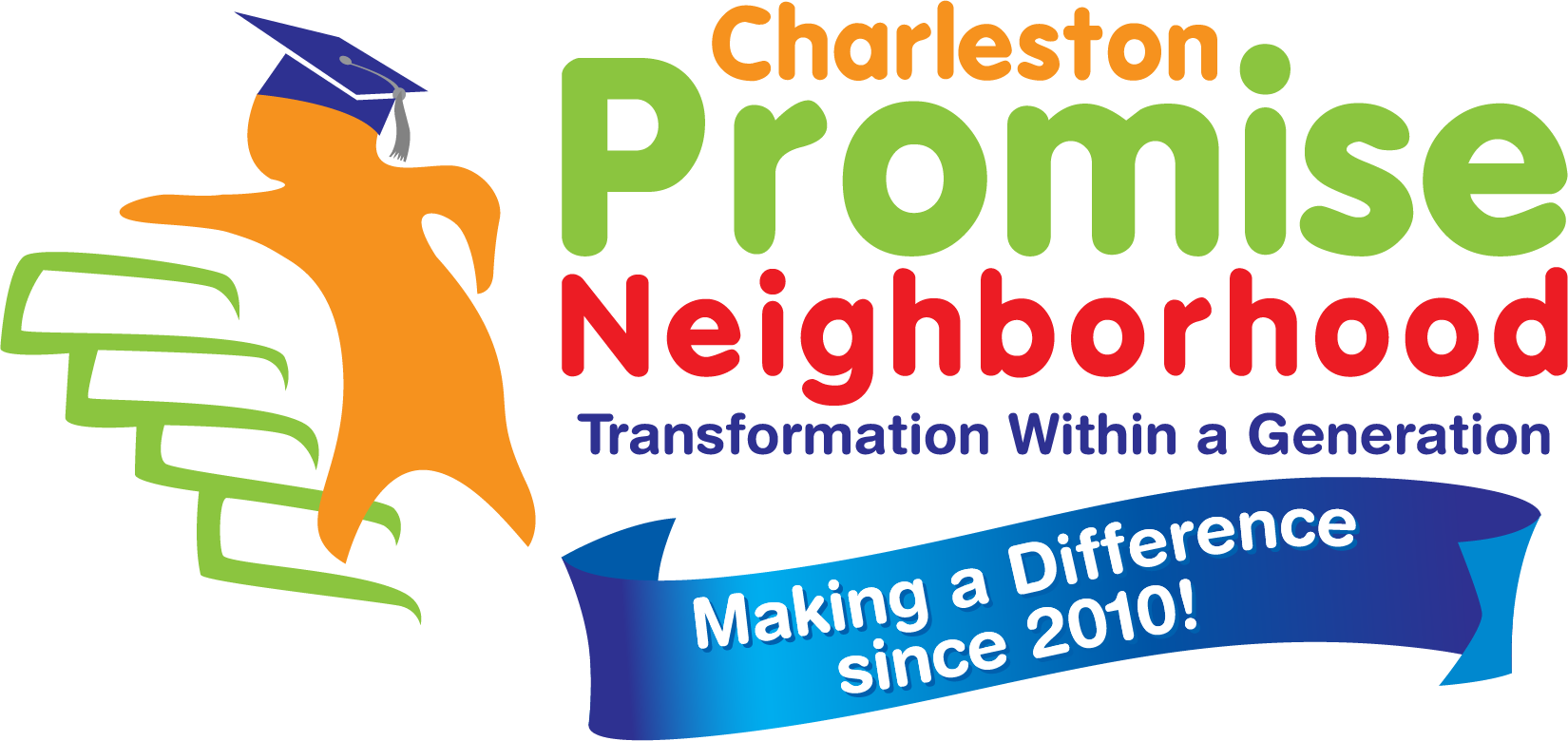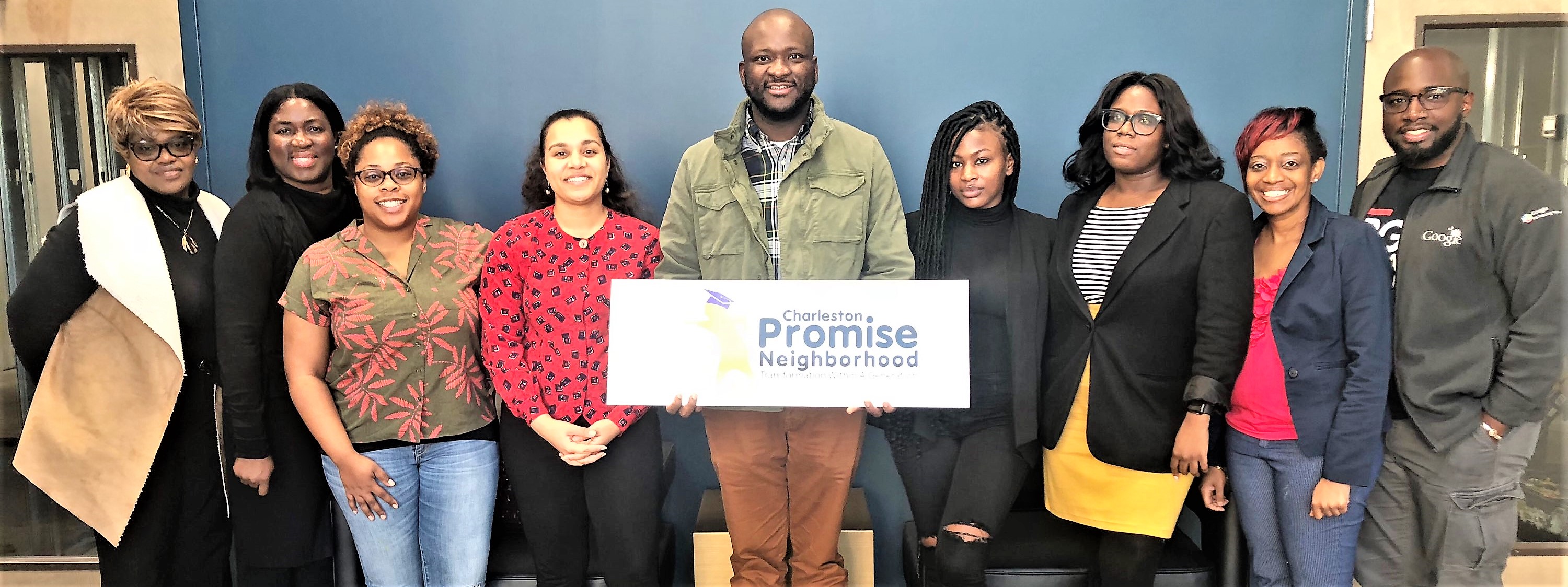We recently came across an interesting article about the testimony of Brookings Institution Senior Fellow Ron Haskins before the Senate Finance Committee on June 5, 2012 about poverty. As Charleston Promise Neighborhood aims to transform the Neighborhood within a generation many of Mr. Haskins’ points resonate. From Mr. Haskins’ testimony: “Poverty has shown great if unfortunate staying power, but we have learned useful lessons about how to fight it.”
 He went on to discuss the causes of poverty as well as strategies to reduce poverty, which include investments in programs to develop human capital: preschool programs, K-12 education, post-secondary education, and employment and training programs.
He went on to discuss the causes of poverty as well as strategies to reduce poverty, which include investments in programs to develop human capital: preschool programs, K-12 education, post-secondary education, and employment and training programs. From his testimony (emphasis added):
“…I want to emphasize the importance of individual initiative in reducing poverty and promoting economic success. My Brookings colleague Isabel Sawhill and I have spent years emphasizing the importance of individual responsibility in reducing poverty and increasing opportunity. One of our arguments, based in part on a Brookings analysis of Census Bureau data, is that young people can virtually assure that they and their families will avoid poverty if they follow three elementary rules for success – complete at least a high school education, work full time, and wait until age 21 and get married before having a baby. Based on an analysis of Census data, people who followed all three of these rules had only a 2 percent chance of being in poverty and a 72 percent chance of joining the middle class (defined as above $55,000 in 2010). These numbers were almost precisely reversed for people who violated all three rules, elevating their chance of being poor to 77 percent and reducing their chance of making the middle class to 4 percent. Individual effort and good decisions about the big events in life are more important than government programs. Call it blaming the victim if you like, but decisions made by individuals are paramount in the fight to reduce poverty and increase opportunity in America. The nation’s struggle to expand opportunity will continue to be an uphill battle if young people do not learn to make better decisions about their future.”
At Charleston Promise Neighborhood, investing in our youth is the first step in the development of human capital and transforming the Neighborhood within a generation. What do you think about Mr. Haskins’ views and research? Let us know in the comments section.




